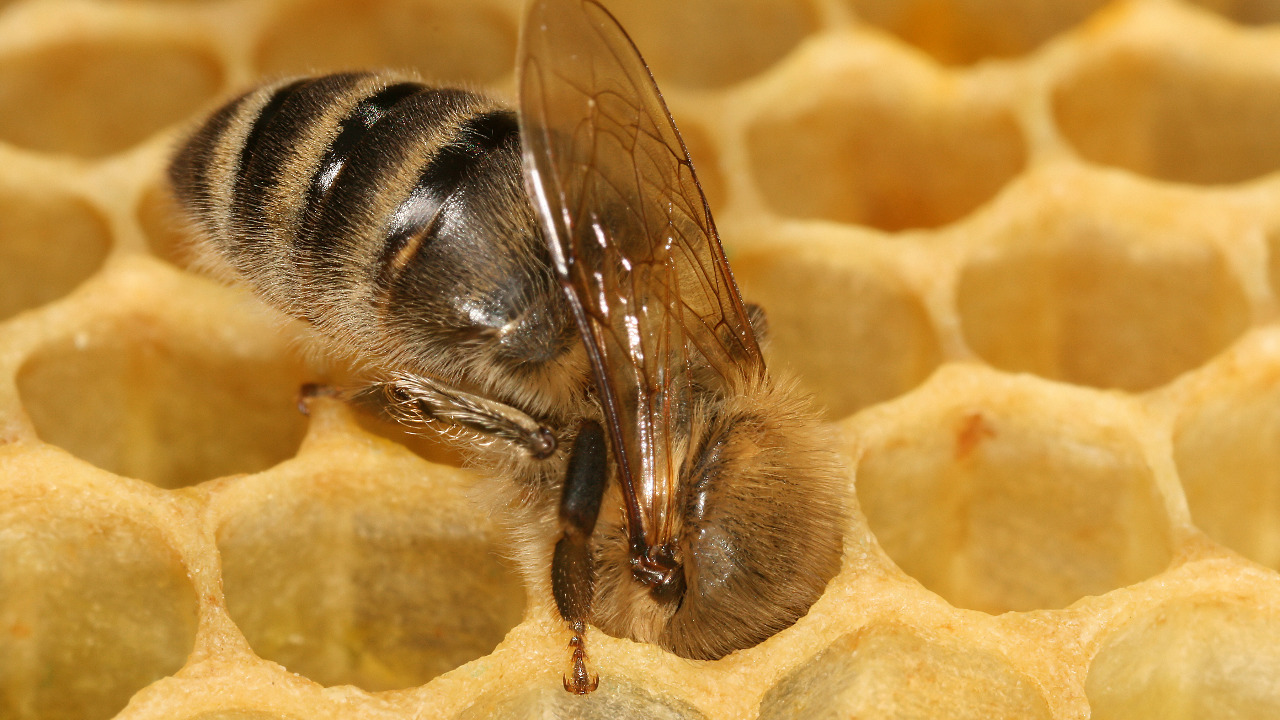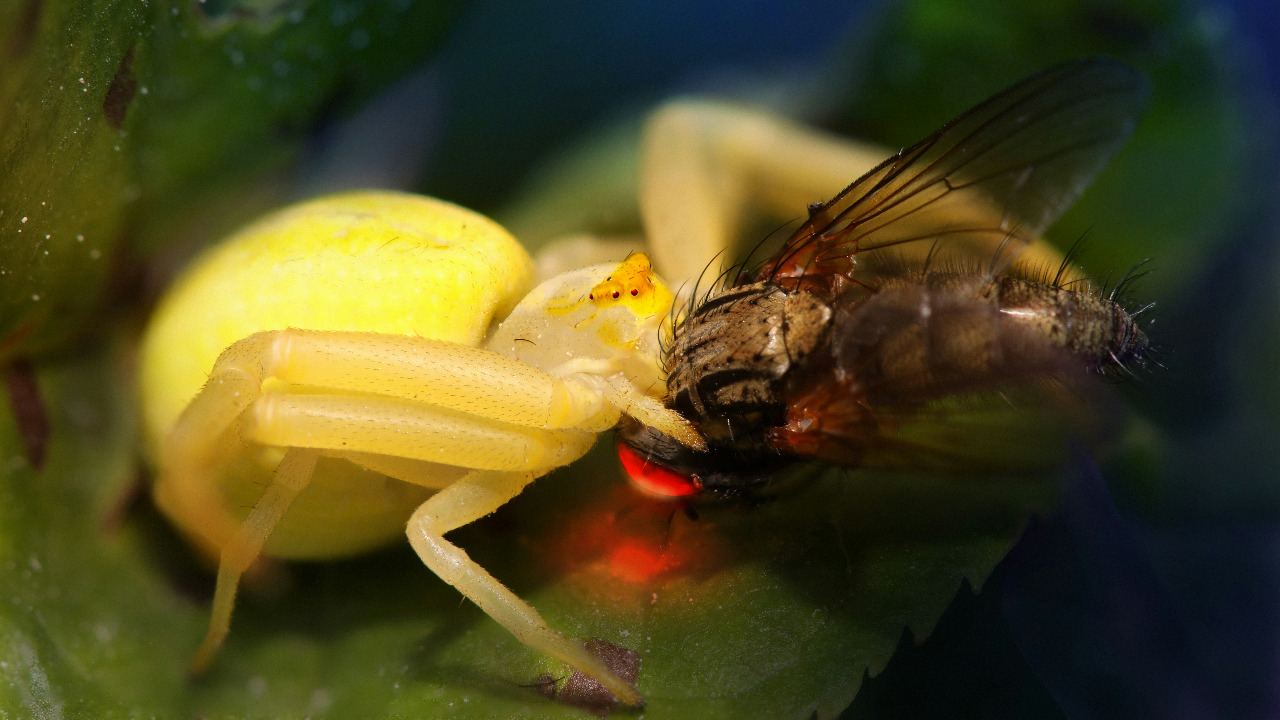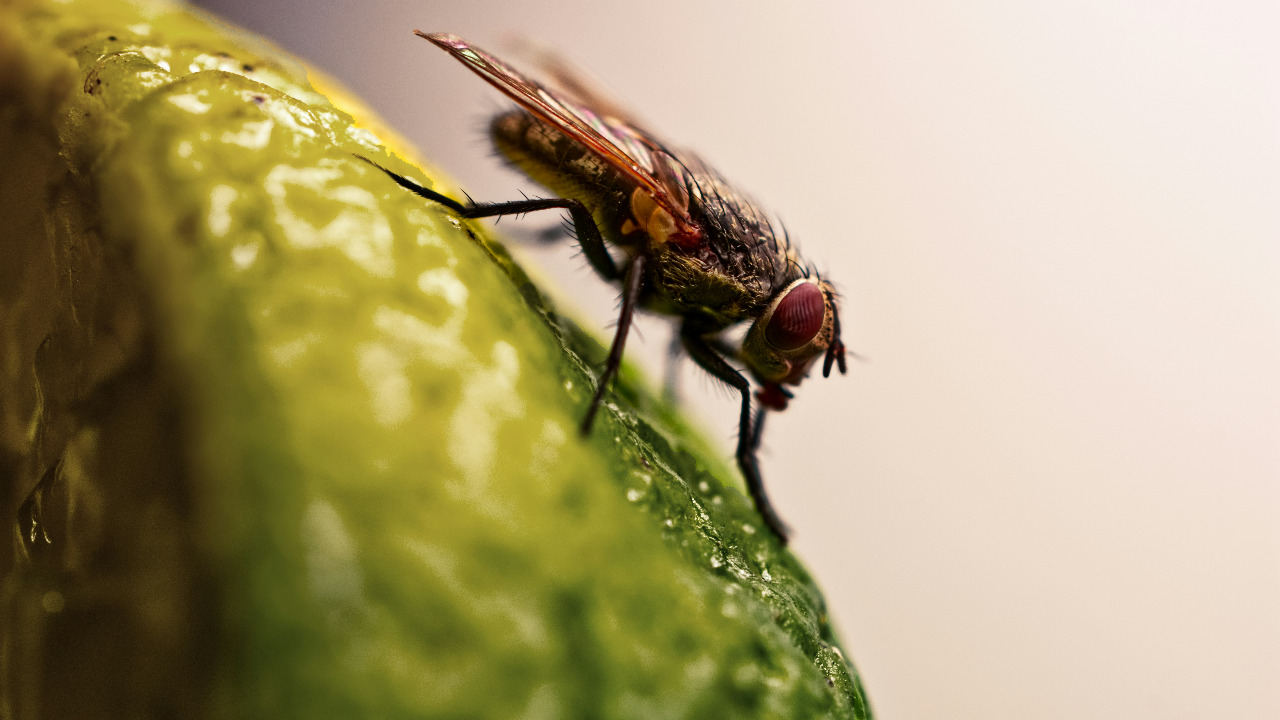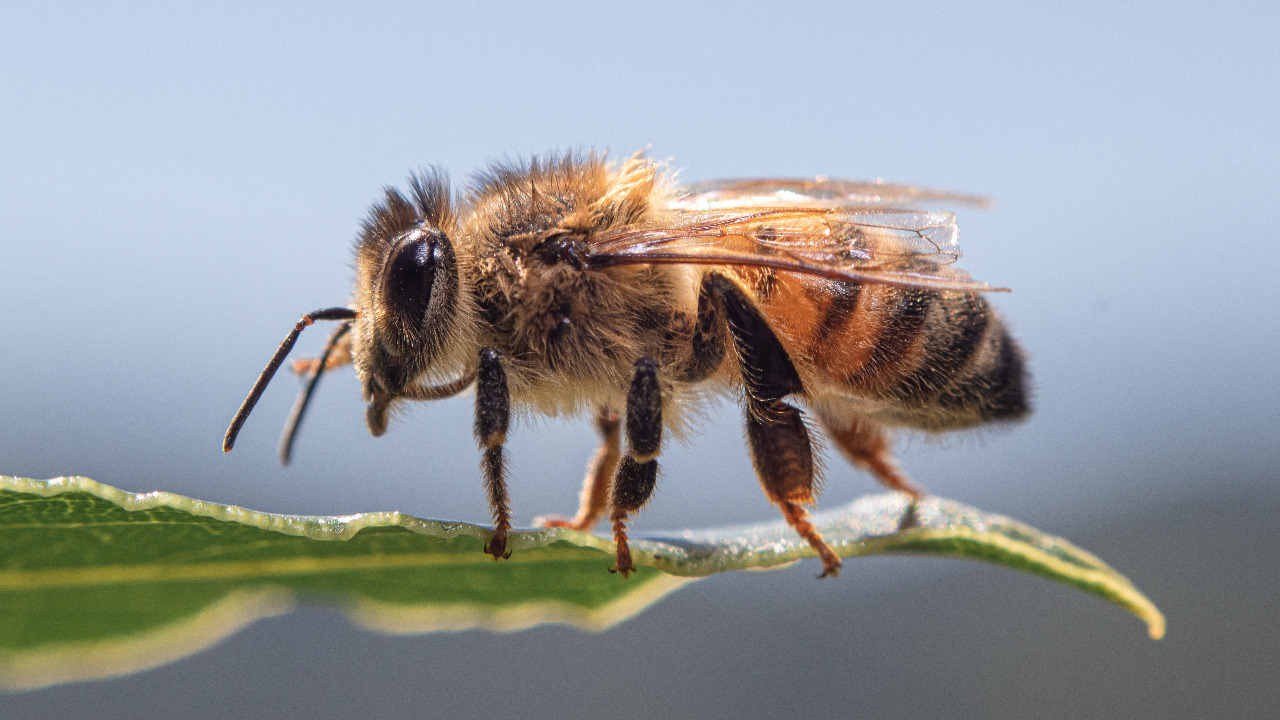Recent research has revealed a fascinating biological mechanism in fruit flies, where a single protein can drastically alter their feeding behavior, causing them to uncontrollably spill their guts. This discovery opens new windows into understanding craving and consumption behaviors, with potential implications for broader biological and medical research.
The Role of Proteins in Insect Behavior

Proteins play an essential role in regulating insect behavior. They act as critical modulators in a variety of physiological processes, including feeding, mating, and navigation. These molecules serve as the building blocks and messengers within an organism, influencing how insects react to their environment. For instance, certain proteins are known to affect olfactory cues, thereby impacting how insects locate food or avoid predators. Such proteins can trigger complex behavioral changes, highlighting their importance in survival and adaptation.
Previous studies have demonstrated the significant impact proteins can have on insect behavior. For example, research has shown that specific proteins can modify mating behaviors, such as those seen in the courtship rituals of fruit flies. Similarly, proteins have been linked to changes in feeding behaviors, influencing how insects respond to nutritional deficits or surpluses. These studies provide a backdrop for the current discovery, underscoring the potential for proteins to act as powerful behavioral regulators.
Discovery of the Gut-Spilling Protein

The identification of the protein responsible for the gut-spilling phenomenon in fruit flies was a meticulous process. Scientists employed advanced genetic and biochemical techniques to isolate and identify the specific protein involved. By manipulating the genetic makeup of the fruit flies and observing the resulting behavior changes, researchers were able to pinpoint the protein that triggered the gut-spilling response. This breakthrough was not only due to innovative experimental design but also a comprehensive understanding of fruit fly biology.
Experimental findings revealed that this protein directly influenced the fruit flies’ digestive systems, causing them to expel their guts uncontrollably. Detailed observations and analyses showed that the presence of this protein led to significant disruptions in the normal feeding patterns of the flies, ultimately causing them to spill their guts. These results were corroborated by further studies, which confirmed the protein’s role in this remarkable phenomenon.
Mechanism of Action

The gut-spilling protein interacts with neural pathways in a manner that links feeding behavior with neural stimuli. This interaction suggests a complex biological pathway where the protein affects the central nervous system’s regulation of feeding. Such pathways are crucial for understanding how stimuli are translated into behavioral responses. In the case of the fruit flies, the protein seems to disrupt normal signaling processes, leading to an exaggerated response that results in gut spilling.
Comparing this mechanism with similar protein functions in other organisms reveals intriguing parallels. In humans, for example, proteins like leptin and ghrelin are known to influence appetite and consumption behaviors. While the pathways in fruit flies are distinct, the fundamental concept of proteins acting as key regulators of behavior remains consistent. Studies like these not only enhance our understanding of insect biology but also provide insights into broader biological processes across species.
Implications for Broader Biological Research

The discovery of the gut-spilling protein holds significant potential for pest control. By manipulating this protein’s function, scientists could develop novel methods to alter feeding behaviors in harmful insect populations. This could lead to environmentally friendly pest control strategies, reducing reliance on chemical pesticides and minimizing ecological impact. Such approaches could revolutionize how we manage agricultural pests and protect crops from insect damage.
Moreover, the findings offer valuable insights into human cravings and appetite control. Understanding the mechanisms underlying the gut-spilling behavior in fruit flies could inform new approaches to managing obesity and eating disorders in humans. By exploring the parallels between insect and human biology, researchers may develop innovative therapies targeting specific proteins to regulate appetite and consumption. This could pave the way for new treatments and interventions for metabolic disorders.
Future Directions and Research

Ongoing studies are focused on further exploring the gut-spilling protein’s function and its interactions with other biological systems. Researchers are investigating the potential for interdisciplinary collaborations, combining expertise from fields such as neurobiology, genetics, and behavioral science. These collaborations aim to deepen our understanding of the protein’s role and its broader implications in both insect and human biology.
However, the challenges of manipulating feeding behavior in organisms cannot be overlooked. Scientists must consider the ethical implications of such research, particularly in the context of pest control and potential human applications. Balancing the benefits of these discoveries with the potential risks and ethical considerations will be crucial in guiding future research efforts. As we continue to unravel the complexities of biological systems, the lessons learned from the gut-spilling protein may offer new avenues for scientific inquiry and innovation.